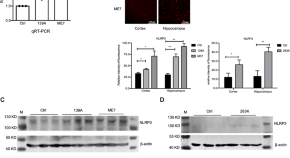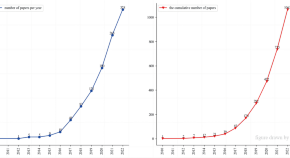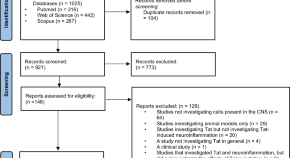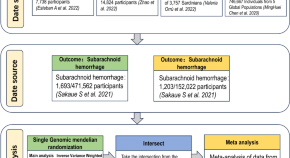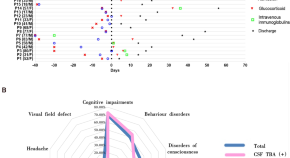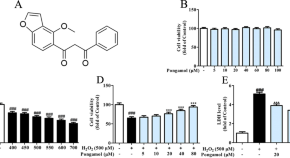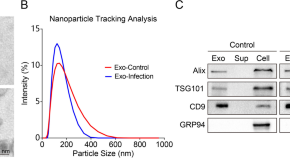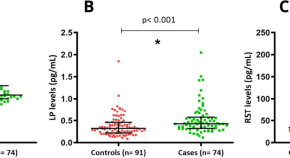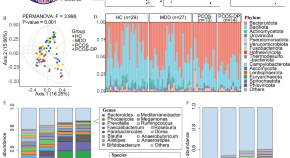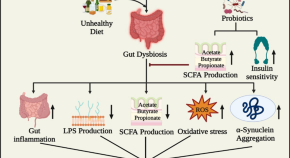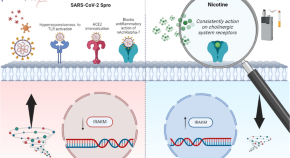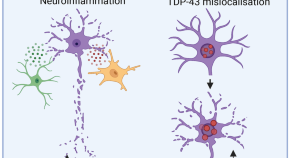Edaravone Alleviates Traumatic Brain Injury by Inhibition of Ferroptosis via FSP1 Pathway
Authors (first, second and last of 8)

Collection
Dr. Balin is the Director of the Center for Chronic Disorders of Aging – Basic Science at the Philadelphia College of Osteopathic Medicine. He is the Chair of the Department of Bio-Medical Sciences and Professor of Neuroscience and Neuropathology. Dr. Balin is an internationally-recognized expert in the field of Alzheimer’s Disease research.
A passionate advocate and innovator shedding light on the role of chronic infections in devastating human diseases, with emphasis on neurodegeneration, Alzheimer's, and Asthma. Building research collaborations, advising companies innovating around chronic infection, publishing alongside global experts, and pursuing basic questions about the origin of disease.


